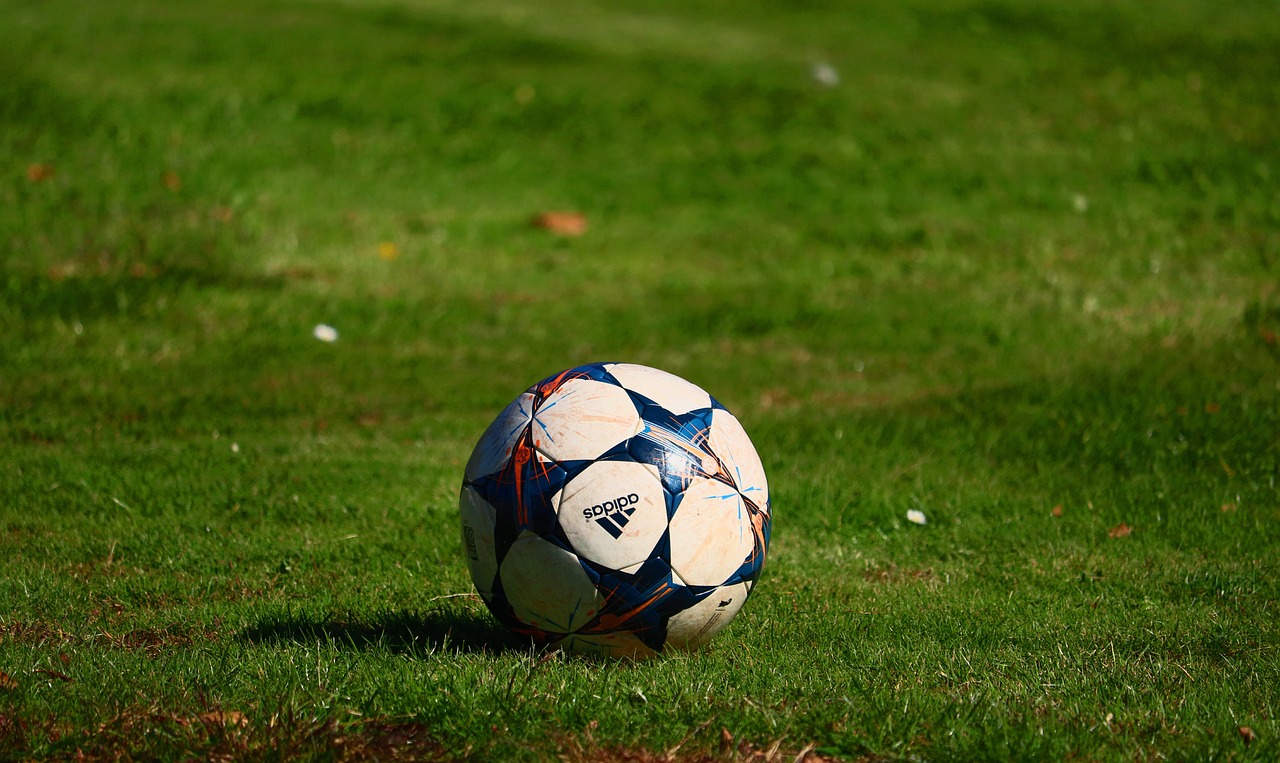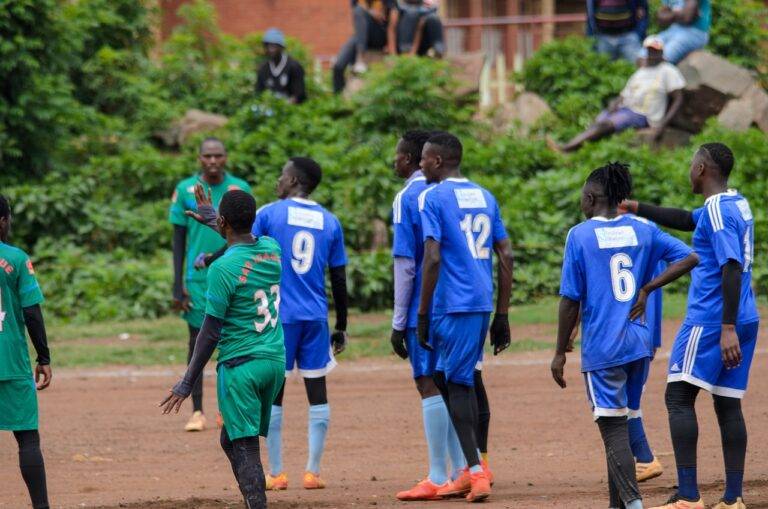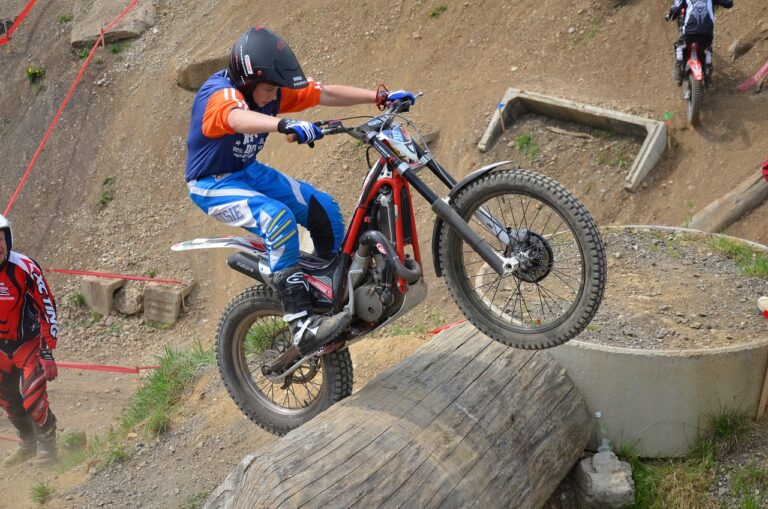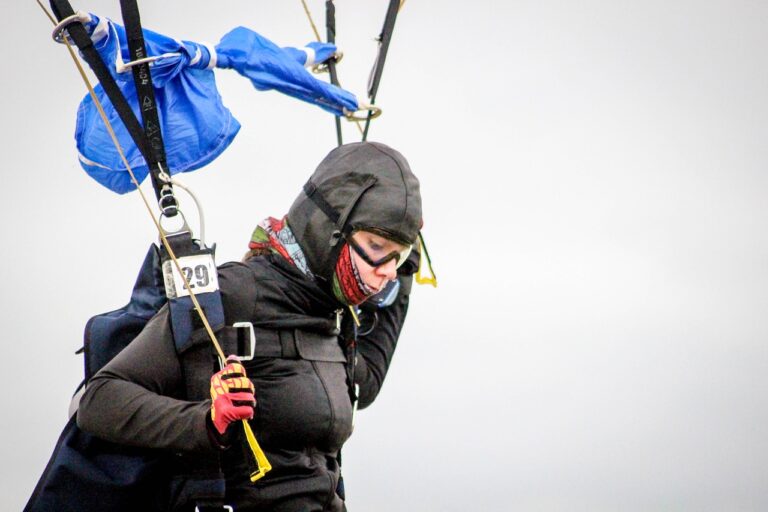IPL and Sports Law: Legal Challenges and Regulations
Play99exch, Laser247: Encompassing various aspects like governance, doping, integrity, and commercialization, the legal framework governing sports in India is a blend of legislation, regulations, and autonomous guidelines. The primary legislative instrument governing sports is the National Sports Development Code of India, which serves as a roadmap for the promotion and development of sports in the country. Furthermore, entities like the Sports Authority of India and the National Anti-Doping Agency play pivotal roles in ensuring the compliance and enforcement of regulations within the sports ecosystem.
The legal framework also addresses issues related to sports contracts, dispute resolution mechanisms, athlete representation, and intellectual property rights protection. To safeguard the interests of athletes and other stakeholders, it is imperative to have robust contractual frameworks that outline rights, responsibilities, and dispute resolution mechanisms. Additionally, mechanisms like the Court of Arbitration for Sport India can provide a platform for speedy and effective resolution of sports-related disputes, promoting fairness and transparency in the sports domain.
• The National Sports Development Code of India serves as a roadmap for sports promotion
• The Sports Authority of India and the National Anti-Doping Agency ensure compliance with regulations
• Legal framework covers issues like sports contracts, dispute resolution, athlete representation, and intellectual property rights protection
• Robust contractual frameworks are essential to safeguard interests of athletes and stakeholders
• Court of Arbitration for Sport India provides platform for speedy resolution of sports-related disputes
Challenges in Contract Negotiations for Players
Navigating contract negotiations in the realm of sports can be a complex and challenging process for players. The dynamics involved in bargaining for favorable terms require a deep understanding of legalities and nuances within the sports industry. From determining fair compensation to outlining performance-based incentives, players must advocate for their best interests while respecting the boundaries set by league regulations and team budgets.
Contract negotiations also often involve multiple stakeholders, including agents, legal advisors, team representatives, and league officials. This intricate web of parties can result in conflicting priorities and demands, further complicating the negotiation process. Players must skillfully manage these relationships and ensure effective communication to reach mutually beneficial agreements that align with their career goals and financial aspirations.
Regulations on Anti-Doping in Sports
Efforts to maintain fairness and integrity in sports have led to the implementation of strict regulations on anti-doping. Athletes are required to adhere to the World Anti-Doping Agency (WADA) Code, which outlines prohibited substances and methods, as well as testing procedures to detect potential violations. Failure to comply with anti-doping regulations can result in severe consequences, including suspensions and disqualifications from competition.
In India, the National Anti-Doping Agency (NADA) plays a significant role in enforcing anti-doping regulations in sports. NADA conducts both in-competition and out-of-competition testing to ensure athletes are competing clean. Additionally, education and awareness programs are vital in promoting a doping-free sporting environment and safeguarding the health of athletes.
What is the legal framework of sports law in India?
The legal framework of sports law in India is governed by the Sports Authority of India Act, 1982, and the National Anti-Doping Agency (NADA) Act, 2005.
What are some challenges in contract negotiations for players in the sports industry?
Some challenges in contract negotiations for players include salary disputes, sponsorship deals, image rights, and performance bonuses.
What are the regulations on anti-doping in sports?
The regulations on anti-doping in sports are governed by the World Anti-Doping Agency (WADA) Code, which sets out the prohibited substances and methods, testing procedures, and sanctions for violations. Sports organizations such as the International Olympic Committee (IOC) and individual sports federations also have their own anti-doping rules and regulations.







